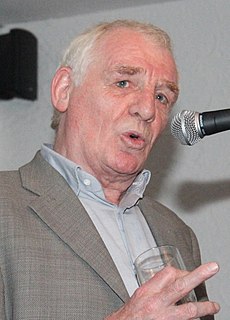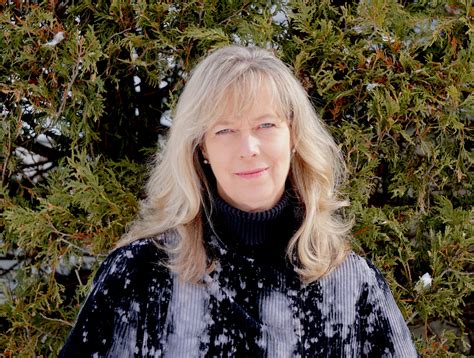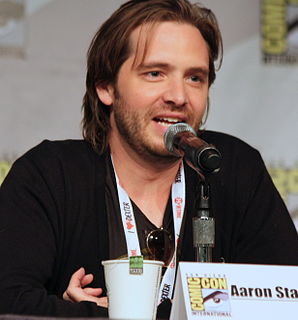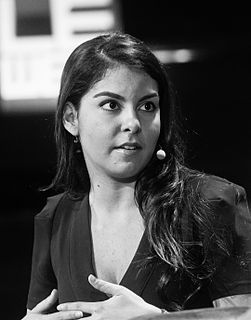A Quote by Anthony Giddens
Apocalypse has become banal, a set of statistical risk parameters to everyone's existence.
Quote Topics
Related Quotes
I love and admire everyone who is different. I love that. The 'jet set' is banal. 'Good taste' is banal. Eccentricity is chic. Good taste paralyzes. But punk or street fashion or a tattoo-covered body, that is interesting to me, and that I love. I didn't go to fashion school. I learned from watching couture shows on TV and reading magazines. That made me dream.
They just talk drivel. Whoever is winning is great, whoever isn't, isn't. It's banal. And also semi-literate at times ... they never criticise in an intelligent way. Anything that isn't banal is said to be an outburst. They've created this cartoon world where everyone talks like Lineker and says nothing.
Eugene Peterson points out that "the root meaning in Hebrew of salvation is to be broad, to become spacious, to enlarge. It carries the sense of deliverance from an existence that has become compressed, confined and cramped." God wants to set free, to make it possible for us to live open and loving lives with God and our neighbors. "I run in the path of your commands, for you have set my heart free," wrote the psalmist.
The show is '12 Monkeys,' and I'm playing the role that Bruce Willis played in the original film '12 Monkeys.' It is a show about time travel. My character is from a future post-apocalypse, and he has been given a mission to go back in time to essentially set things right and stop the apocalypse. No big deal.

































